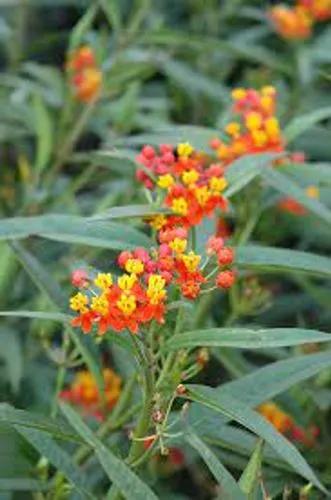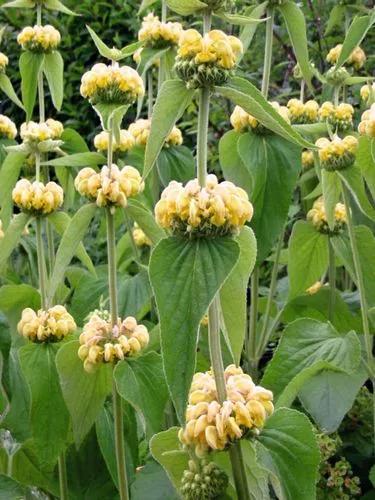Stapelia gigantea is a species of flowering plant in the genus Stapelia of the family Apocynaceae. Common names include Zulu giant, carrion plant and toad plant. The plant is native to the desert regions of South Africa to Tanzania.
Stapelia gigantea Care
Stapelia gigantea



Stapelia gigantea, commonly called carrion flower, is a spine-free succulent member of the milkweed (not cactus) family that is native to dry desert areas from Tanzania to South Africa. Common name comes from the malodorus flower aroma which resembles the smell of rotting meat. The focal point of this plant is the fleshy, 5-pointed, star-shaped flowers (to 10-16" across), each being pale ochre-yellow with thin transverse maroon lines. This is one of the largest flowers in the plant world. Flowers bloom in fall (flower buds are triggered by shortened daylight hours in fall). Spineless, 4-angled, succulent stems grow upright to 8-12" tall before scrambling sideways with the tips still erect. Plants in the ground may grow to 24" wide.
How to Care for the Plant

Water

The top layer of soil between waterings in the summer should dry up. watered approximately every 10-15 days, in November and February 1 time a month, in December and January almost no water.

Pruning

It is important to never remove more than a third of the foliage in any one year and to cut just above a node on the stem.

Fertilizer

When it comes to fertilizers, you want to avoid over-fertilizing (just like an overdose of vitamins isn't great for us, either). Less is more, so it’s important to follow what the package says for application amounts.

Sunlight

In most cases, plants receiving no outdoor light should be lit from 16 to 18 hours each day. If some additional light is received, 12 to 14 hours each day may be adequate. Lights should be used at the same time that plants receive window light.

Soil

Planting instructions will suggest planting in a sterile potting mix.

Temperature

Since it does not tolerate temperatures below 10°C (50°F) for extended periods, this plant must be grown as a houseplant in temperate zones. However, they need a cool, dry rest period in winter with temperatures above 10°C.

Container

Whether your potted plants are indoors or outdoors, proper drainage is an essential element to ensure they stay healthy.

Popularity

3,694 people already have this plant 695 people have added this plant to their wishlists
Discover more plants with the list below
Popular articles






